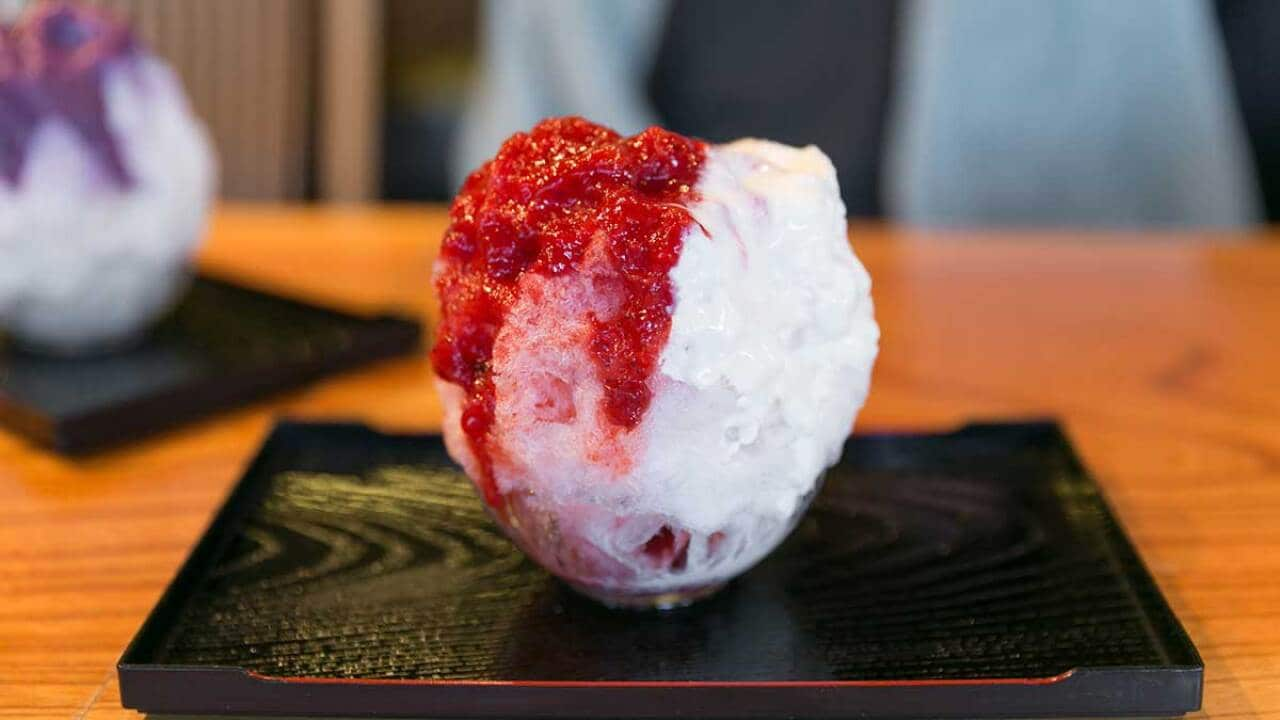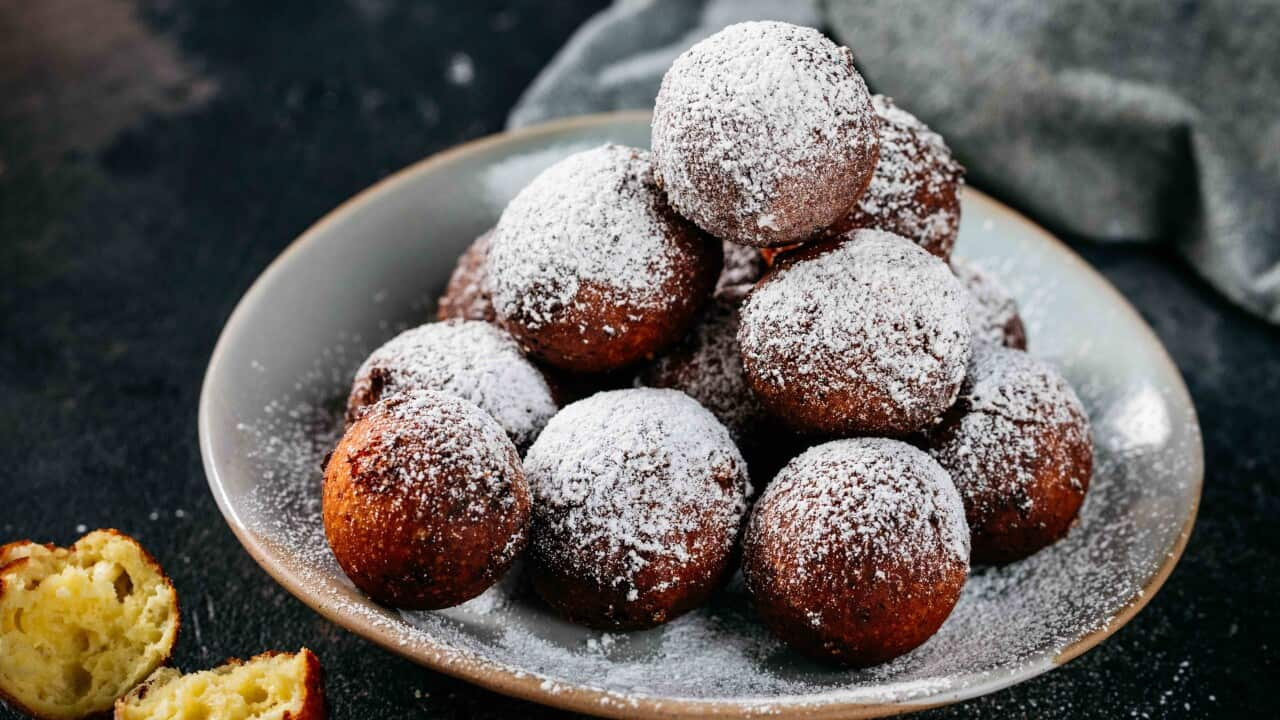When growing up I never really thought about my heritage, like most kids I suppose – I was just me. My mum baked my paternal grandmother’s Hungarian cakes; my maternal grandmother cooked all manner of Middle Eastern dishes and traditional recipes for Jewish holidays; and I ate everything with joy and gusto.
While I began to appreciate my diverse cultural heritage many years BC (before children), I became even more proud when my kids were born, probably because I added extra strings to my multicultural bow. This is me: born in Australia to Jewish parents, to a father born in Hungary and a mother born in France. My maternal grandparents were born in Egypt to Italian, Spanish and Palestinian parents. Then I married a man whose father is Chinese and mother is Australian with English heritage. And they are Catholic. My husband and I now have two kids (5 and 2), and I can’t wait to see what other countries they might add to the mix if they have kids of their own!
Sure, we’re not the only Australian family who looks like this: of Australia’s population was born overseas, with a further 20 per cent having at least one parent born in another country. This should be celebrated! Irish-born Sydneysider Louise Cheung agrees. “My sons are half Irish, half Chinese, and growing up in Sydney,” she says. “Chinese New Year is a big lunch with my husband’s family. The kids love digging their chopsticks into my mother-in-law’s salad for a ‘prosperity toss’ calling out, ‘Lo hei’ over and over.”
It’s important to make sure kids from diverse backgrounds know how fortunate they are. Australian children’s mental health initiative, Kids Matters, says, “Having a strong sense of cultural history and traditions helps children build a positive cultural identity for themselves, and supports their sense of belonging and self-esteem.”
I feel our kids are so special to have exposure to many cultural experiences, from Easter and Christmas to Passover, Chanukah, Chinese New Year, and just everyday eating.
Everyday cooking
A weekly staple at our place is Hungarian paprika chicken – a family favourite of my late Dad who used to cook it when I was a kid. Tomatoey rich with that distinctive sweet-spicy paprika flavour, it’s so comforting. As we eat it, I love telling my kids that their Papi used to make it.
Weekend lunches at my in-laws’ place often revolve around Chinese food and, as my kids get older, they love helping their Gong Gong (Chinese for grandfather) make wontons. I truly believe that when kids help make food they’re more interested in eating it.
Another Chinese favourite is , or as my son calls it: “Chinese oats”, since we eat it for breakfast at my in-laws’ place.

The writer’s son and father-in-law preparing wontons Source: Jacqui Kwong
Weekly traditions
Every Friday night in our house we say a prayer over candles, wine and bread to mark the Jewish Shabbat (Sabbath). It’s been beautiful to watch my son bake challah – the traditional plaited bread – with my mum, his Mémé (colloquial French for grandmother). While it isn’t something we do often, it’s fun and he loves being sous chef. Learning about his heritage while building cooking skills: the best combo!
Party time
The sweet table at family celebrations is often laden with Hungarian and Middle Eastern baked treats – one being gerbeaud (the ‘ger’ starts with a soft ‘j’ sound; the ‘beaud’ is said like the start of the word ‘ball’) – one of the most famous cakes in Hungary: a layered pastry slice filled with jam and walnuts, and topped with a layer of chocolate. I never met my paternal grandmother – who was revered in the Hungarian community for her cakes - so bringing them to life now, decades later, and introducing them to my kids is really special.
My hands-down favourite treat, though, when I was a kid was ghorayeba – melt-in-the-mouth Egyptian shortbread biscuits, which my maternal grandmother made with love and nimble hands (she would make 180 at a time)!

Ghorayeba biscuits (right) are a popular sweet for celebrations. Source: Getty Images
Religious festivals
Jewish Passover is a feast fest. While both my parents are Jewish, they were jokingly considered ‘intermarried’ since they were ‘different’ Jews: Ashkenazi (from Eastern Europe) and Sephardic (from Western Europe). Since my maternal grandmother was the head chef of these festivals, it was Sephardic food we ate; her standouts being harosset – a sweet, runny jam made with apples, dates and muscatels – and the light yet rich flourless choc-hazelnut cake, bon vivant (French for ‘one who loves to eat and drink’).
In my husband’s family, Christmas is a big deal. Lunch never strays from the traditional English hot dishes: turkey; roast vegetables; greens; and gravy. The stuffing responsibility lies with my 90-year-old grandmother-in-law who in recent years has been showing our son how to make it. Christmas also often tends to coincide with Jewish Chanukah – the festival of lights – and we’ve adopted the term made famous by Seth Cohen from The OC all those years ago, Christmukah. One of my treasured images from holiday time last year was of my kids lighting the Chanukah candles with a backdrop of the Christmas stockings hanging off the staircase. May their multitude of cultures enrich their lives forever.
Christmas also often tends to coincide with Jewish Chanukah – the festival of lights – and we’ve adopted the term made famous by Seth Cohen from The OC all those years ago, Christmukah. One of my treasured images from holiday time last year was of my kids lighting the Chanukah candles with a backdrop of the Christmas stockings hanging off the staircase. May their multitude of cultures enrich their lives forever.

The writer’s son and his GG (great-grandmother) mixing turkey stuffing Source: Jacqui Kwong

The writer’s two kids celebrating ‘Christmukah’ Source: Jacqui Kwong




